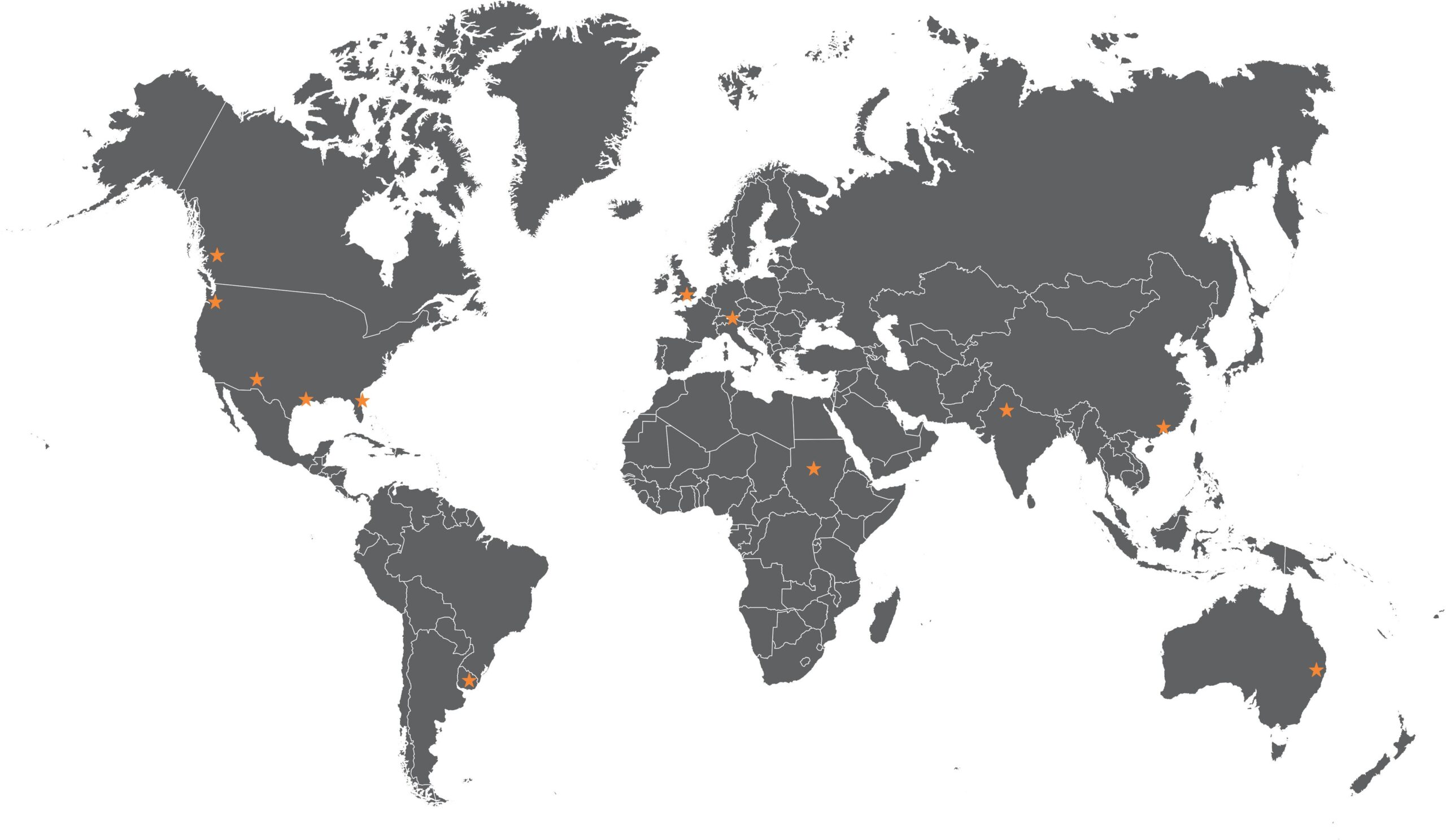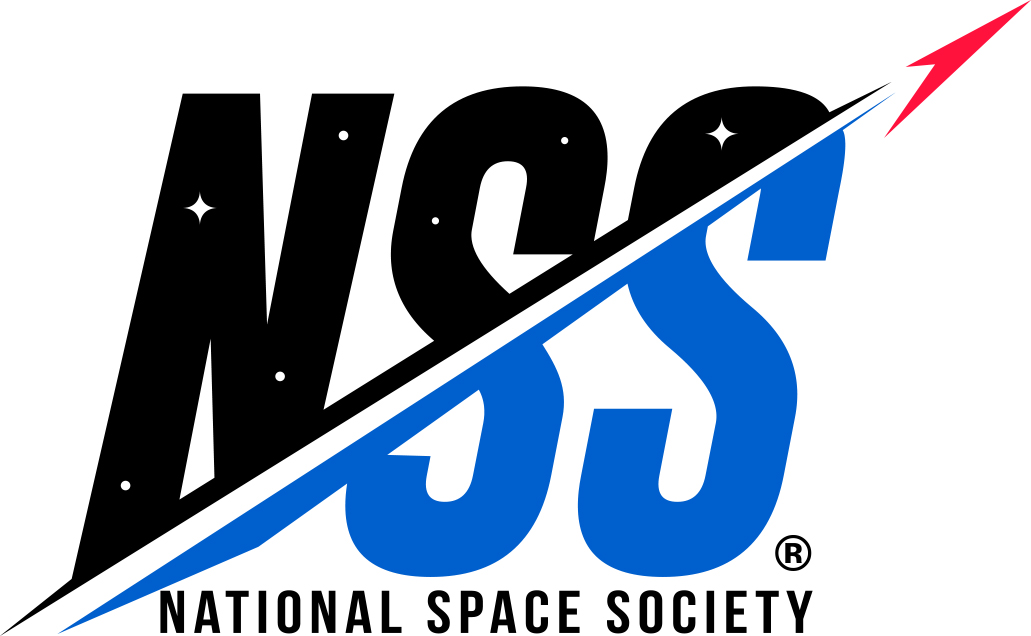How to Participate
How high school students participate in International Space Settlement Design Competitions (R) (ISSDC) depends on the Region where you live and attend high school. When you register, be sure that the “Country” you select matches your address; a mis-match will result in a rejected registration.
There are six basic kinds of SSDC events; different Regions offer different combinations of these:
Qualifying: Teams of students participate in designing space settlements over a period of several months in their schools. Some schools include each year’s SSDC Qualifying scenario as part of their curriculum. The design is described in a 40-page written proposal. Some Regions use the Qualifying scenario for a Preliminary selection. Four Finalist Teams are selected from the International Qualifying submissions.
Preliminary: some Regions outside of the U.S. and Canada require participation in projects or events in order to earn an invitation to the Regional Semi-Final. These may or may not involve official SSDC scenarios prepared by Aerospace Education Competitions.
Semi-Final: every Region around the world selects its Finalist Team(s) by conducting at least one Semi-Final. This is a weekend event, usually starting Friday evening and concluding Sunday afternoon, traditionally requiring that student participants attend together in person at a single venue. Depending on the Region, students are grouped into as many as five Competition “Companies” that prepare designs and deliver briefing presentations to a panel of Judges. Due to the 2020 pandemic, some of these events were transitioned to Virtual-only Zoom formats. Semi-Final scenarios are provided by Aerospace Education Competitions, in order to assure that Finalist Teams are adequately prepared for participation in the Finals.
International Finals: twelve 12-member Winning Teams from Regional Semi-Finals, four 12-member Teams selected through Qualifying, and four or eight smaller Teams selected at the organizers’ option as Invited Teams are grouped into four Competition “Companies”. The Finalist Competition venue is The Center for Space Education, co-located with the NASA Kennedy Space Center Visitor Complex in Florida. Students arrive on a Friday afternoon in late July, first see the Finalist RFP Saturday morning, and present briefings describing their designs on Monday.
Tournament: in order to enable more students to benefit from the SSDC experience, a parallel format using SSDC scenarios has been developed and is being prototyped in and near Brownsville, Texas. Winning teams from these events do not proceed to the ISSDC Finals. Any entity (e.g., school, school district, organization, company, government agency) may ask to form a Tournament Region (contact SSDC Co-Founder Anita Gale). After sufficient Tournament events are developed, winners will be offered the opportunity to participate in a Tournament Finals process.
Special Events: Aerospace Education Competitions offers to provide competition materials and volunteers on request for additional SSDC events. For example, in June 2024, the National Space Society is sponsoring two events specifically for tribal students – one for college and another for high school.
USA and Canada SSDCs
INDIVIDUALS
Students sign up individually to participate in Semi-Finals, which can occur during January through May. Teams or groups of friends will be split into different Competition Companies if they try to register together. The intention of this policy is to emulate real Proposal Teams in industry, in which engineers are often working with and establishing a team with people they do not know.
Four Regions are designated for the United States, and one in Canada. The US Regions are:
Southwest Semi-Final: conducted at Biosphere-I, for students in California, Arizona, Nevada, New Mexico, Utah, Colorado, West Texas, and Hawaii.
Northwest Semi-Final: for students in Washington, Oregon, Idaho, Montana, Wyoming, and Alaska.
East Coast Semi-Final: for students in roughly Eastern Time Zone.
Central Semi-Final: conducted at Johnson Space Center for students in roughly Central Time Zone.
When registration fills for a Semi-Final, students may register for and travel to another US Semi-Final.
TEAMS
Teams in the U.S. and Canada may choose to enter the International Qualifying Competition. A Team must have an adult Advisor, who can be a Teacher, Parent, or other responsible adult. Registration must be accomplished by this responsible adult.
Global Regions SSDCs
The process for selecting Finalist Teams is different in every Region, including whether registrations are by individuals or Teams, so please consult the website for your Region. If you do not know your Region (e.g. nations in the Middle East, Carribean, and Pacific Ocean), sign up through one of the “Register” buttons on this website, and you will be directed to an appropriate Semi-Final.
Space Settlement Design Tournament Events
If you are interested in participating in or establishing an SSDC event under the Tournament model or a special SSDC event, contact SSDC Co-Founder Anita Gale, gale.spaceset@gmail.com
Non-SSDC Events
SPACE SETTLEMENT CONTEST
Students as young as 6th grade, individual students, teams that don’t want to be bothered with the rigors of meeting customer expectations defined in an RFP, teams that prepare an SSDC Qualifying Competition design and just can’t edit it down to 40 pages, and even teams that create SSDC Qualifying Competition designs early enough to meet the mid-February deadline, are welcome to submit their work to the National Space Society for the Space Settlement Contest. There are basically no guidelines: create whatever you want that is related to living in space, and it will be judged. Multiple levels of prizes are awarded, and prize-winners are invited to the NSS International Space Development Conference for an opportunity to present their designs. Find details at www.nss.org



